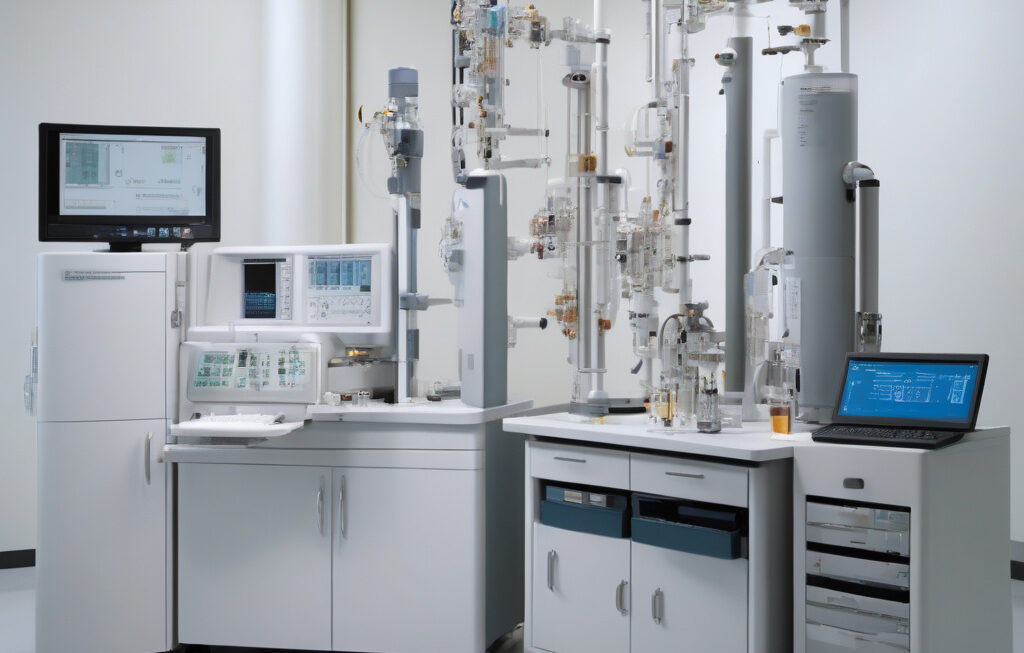AI Eye Scans: Transforming Early Dementia Diagnosis
In the realm of healthcare, early detection is often the key to successful treatment and management of various conditions. One area where this rings particularly true is in the realm of neurodegenerative diseases, such as dementia. According to the World Health Organization, nearly 10 million new cases of dementia are reported each year, making it a growing concern for healthcare systems worldwide. However, a groundbreaking innovation by the NeurEYE team could potentially revolutionize the landscape of dementia diagnosis.
The NeurEYE team has developed an advanced algorithm that utilizes retinal scans to uncover early signs of neurodegenerative diseases, including dementia, before noticeable symptoms manifest. This cutting-edge technology holds the promise of providing patients with valuable lead time to prepare for the challenges that lie ahead.
By analyzing the intricate details captured in retinal scans, the NeurEYE algorithm can detect subtle changes that may indicate the presence of neurodegenerative conditions. The retina, often considered a window to the brain, offers a unique vantage point for observing the early stages of such diseases. This non-invasive and cost-effective method could potentially streamline the diagnostic process, allowing for earlier interventions and personalized treatment plans.
One of the significant advantages of this AI-driven approach is its potential to identify dementia in its nascent stages, even before cognitive symptoms become apparent. By catching the disease early, healthcare providers can offer timely support and resources to patients, empowering them to make informed decisions about their care and plan for the future effectively.
Moreover, the use of retinal scans for dementia detection could alleviate some of the burden on healthcare systems by reducing the need for extensive and costly diagnostic procedures. This streamlined approach not only benefits patients by providing them with a proactive approach to their health but also contributes to more efficient resource allocation within the healthcare sector.
The implications of this innovation extend beyond individual patient care. Early diagnosis of dementia can also have broader societal impacts by potentially reducing the overall prevalence of advanced cases that require intensive and long-term care. By shifting the focus towards preventive measures and early interventions, the NeurEYE algorithm has the potential to reshape the landscape of dementia care and management.
While the technology is still in the developmental stages, the early results are promising. Clinical trials and studies are underway to further validate the efficacy and reliability of the NeurEYE algorithm in real-world settings. If successful, this innovation could mark a significant milestone in the field of neurodegenerative disease research and pave the way for a more proactive and personalized approach to dementia care.
In conclusion, the advent of AI-driven retinal scans for early dementia diagnosis represents a significant step forward in the quest for timely and effective healthcare interventions. By leveraging the power of technology to uncover hidden clues within the eye, the NeurEYE team is offering a beacon of hope for patients at risk of neurodegenerative diseases. As research progresses and technology evolves, we may soon witness a new era in dementia care, where early detection is not just a possibility but a reality.
early detection, dementia care, NeurEYE algorithm, neurodegenerative diseases, retinal scans












